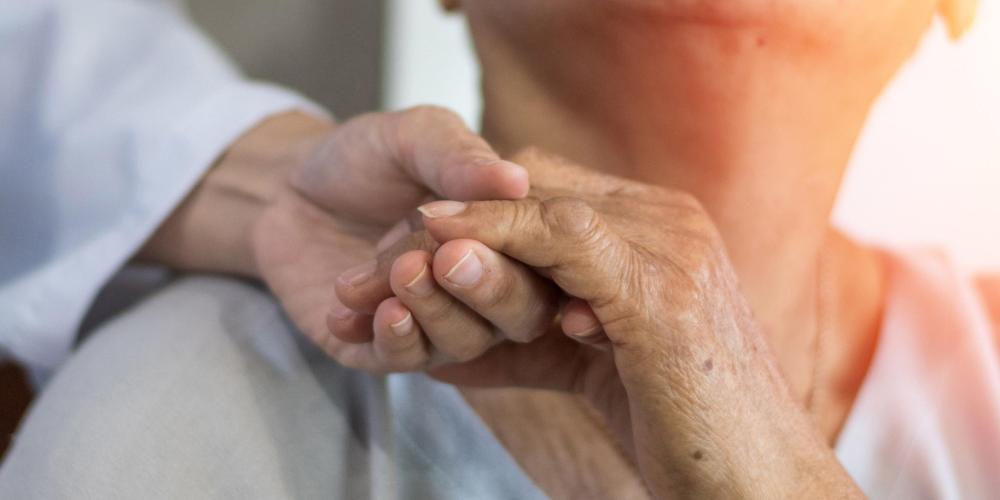
How are the first generation of migrants from Türkiye and Morocco who came to Belgium in the 1960s and 70s dealing with early care planning? Hakki Demirkapu from the Department of General Practice and Chronic Care at the Vrije Universiteit Brussel (VUB) carried out an extensive investigation.
“My aim was to understand and analyse these people’s views of early care planning. What factors influence them to participate in the process or not? We also looked at the role of family, given their important place within these communities,” says Demirkapu. “It was striking that language barriers play a major role in discussing sensitive issues such as early care planning. To overcome this, we carried out the interviews in the respondents’ native language.”
Demirkapu, who speaks Turkish, worked with a colleague who speaks Moroccan Arabic.
“This approach often provided us with deep and emotional interviews, as well as detailed insights. Besides language, we identified several other obstacles, such as lack of knowledge about early care planning, anxiety about making the wrong decision due to low literacy, lack of organisation and taboos around talking about illness and death. Care providers often incorrectly assume that family members will make all the decisions or that the older people themselves do not require early care planning. In fact, many older people welcome conversations about their future care, as long as they are well-informed,” says Demirkapu.
Initially, many respondents, particularly those of Moroccan origin, considered early care planning to be unnecessary for religious reasons. However, after receiving detailed information in their native language, most of them changed their opinion.
Demirkapu: “There is a clear need for awareness-raising campaigns and educational programmes about early care planning, aimed at older people with a migration background. So we will continue to work on developing video material in the native language of these groups and easy-to-understand tools such as pictograms and card games. These could be used, for example, at information evenings organised with cultural associations and community and religious leaders. This kind of practical solution can encourage older people to talk about their end-of-life wishes and can help care providers to facilitate conversations about early care planning.”